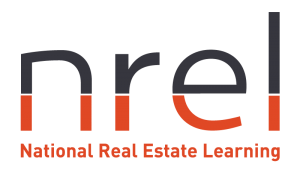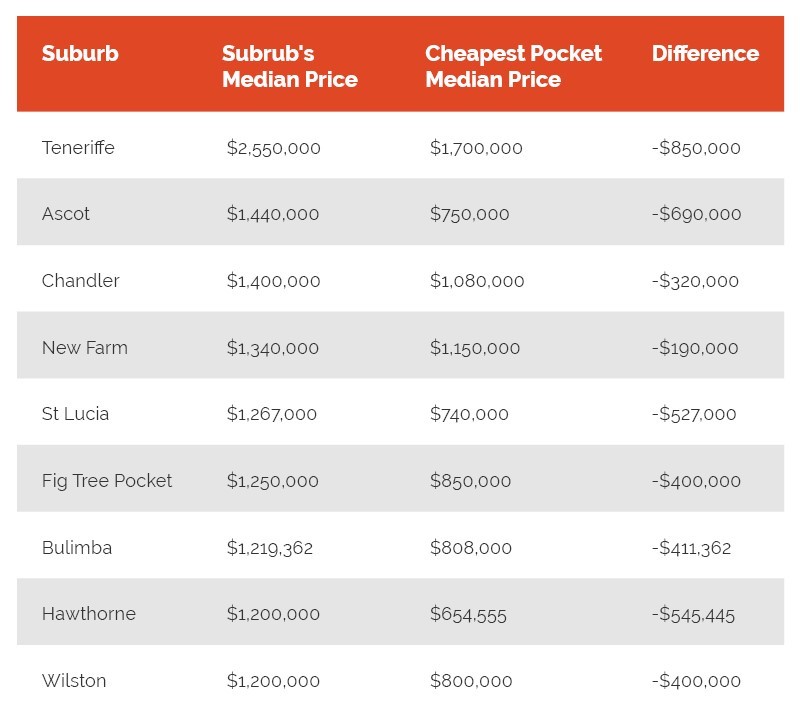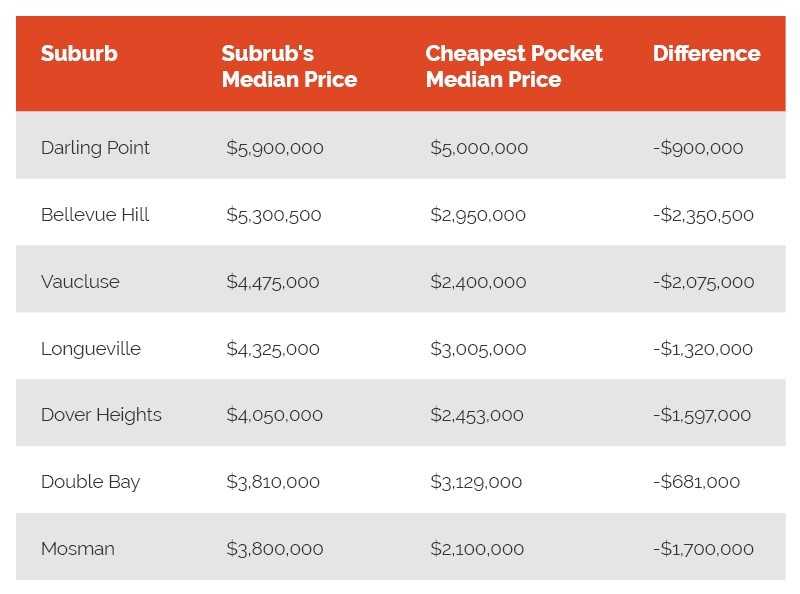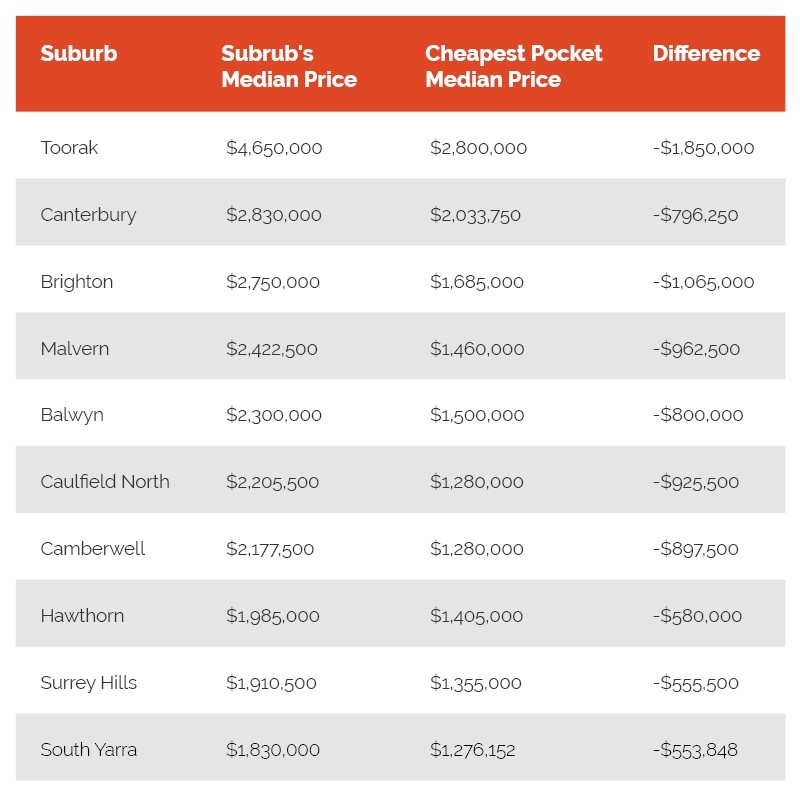Real estate can provide a lucrative income, particularly during boom years. The most successful agents are not only experts in real estate property values but also laws, marketing techniques and social networking. The average real estate agent income varies considerably across Australia, but now is a great time to tap the unlimited potential of this career. According to the Real Estate Institute of Australia (REIA), “Australia’s property industry is emerging as the main driver of economic growth and increased employment.”
How Much Do Real Estate Agents Earn?
Real estate agent salaries vary widely based on experience, location, employer firm and whether they sell residential or commercial properties. Commissions and bonuses can earn some agents up to an additional $80,000 on their annual income.
One of the many benefits of becoming a real estate agent is the ability to work for yourself or seek employment with a firm. Those who are self-employed must pay for several high-priced overhead expenses and real estate agent fees, including licensing, insurance and supplies. Some people opt to work out of their homes or rent office spaces. Each option has its own tax implications and tax benefits, including the ability to claim deductions for mileage and marketing expenses.
About half of all agents choose to work for real estate firms, which often cover many of the associated costs, such as cell phone bills, car allowances and marketing budgets. They also generally provide traditional employment benefits, such as paid holidays, vacation and sick leave. Top-tier firms sometimes offer their most successful agents incentives, such as company automobiles or higher commissions. However, agents must share a portion of their commissions with the agency, which absorbs the up-front costs of selling the property.
Real Estate Agent Commission Rate
Commission rates and final earnings are also influenced by location. The latest data from LocalAgentFinder shows that Tasmania offers the highest rates at 3.26 percent. The lowest rates at 2.07 percent are charged for real estate sales in South Australia. Across the nation, the average commission is 2.22 percent.
The amount of income these commissions generate depends on the final sale price of the property, so it is important to know what real estate prices average in each market. REIA reports that the median home price for the eight capital cities hovered just below $685,000 during the first quarter of 2016. Sydney continues to have the most robust market with the median house price sitting at just under $1 million, providing around $20,000 in commission earnings.
Risk Versus Reward
Real estate agents invest a considerable amount of time into prepping, showing and closing the sale of a property. There is a huge potential for Agents to make a comfortable living. Sometimes, real estate agents offer clients lowered commission rates in order to attract business in a highly competitive market. New regulations were implemented in Australia in December 2014 allowing real estate agents to set their own commission fees. This rate is largely determined by competitors and the current supply and demand of the market. While most agents are paid based on the sale price, some agree to a fixed rate term that allows the client to pay a set dollar amount regardless of the property’s final price. Others offer tiered percentage options that go up if the home sells for more than expected.
How To Become A Real Estate Agent?
This Blog article titled How To Become A Real Estate Agent, is very helpful.
The first step of a career in real estate is obtaining the required qualifications to work in the position you want to apply for. This is a quick summary of what qualifications you need for Coronis positions.






